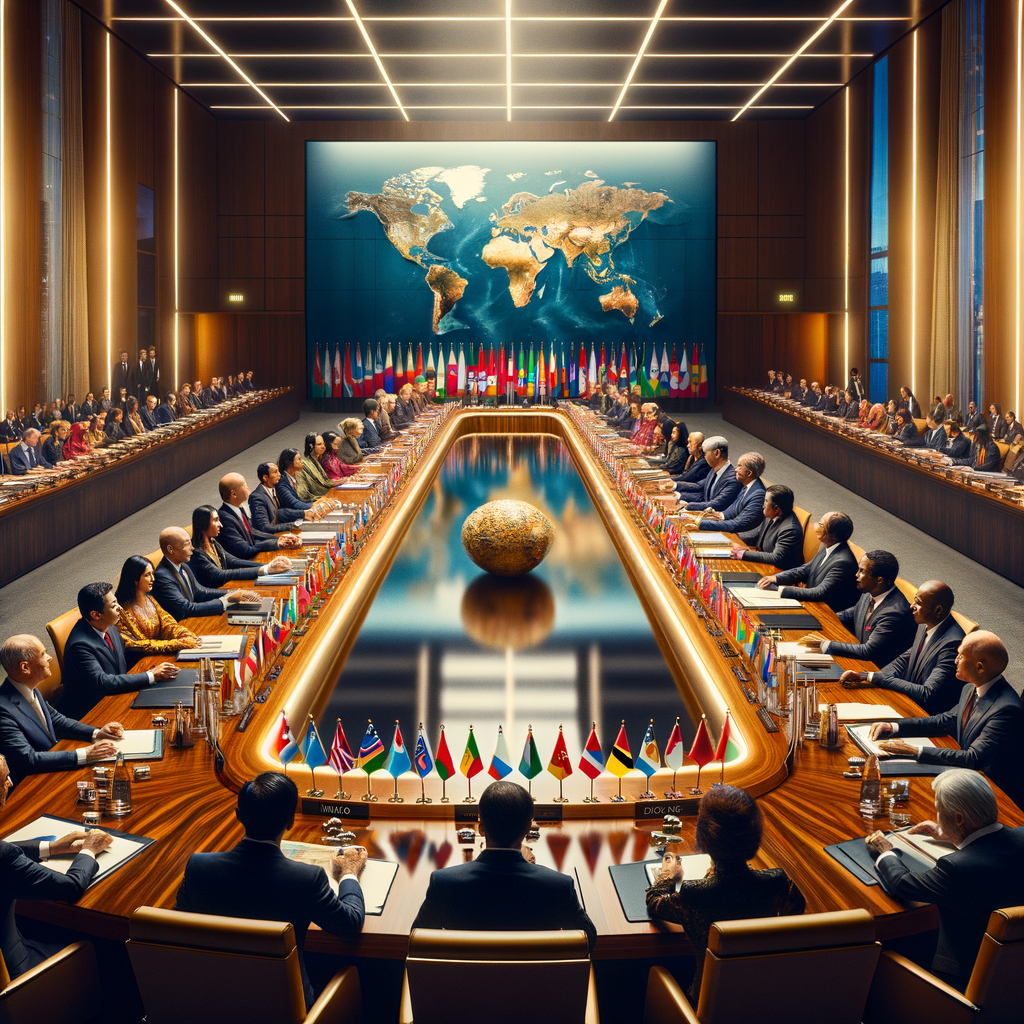html
Understanding Diplomacy: A Beginner’s Guide
Diplomacy is a crucial component of international relations, acting as the bridge between nations. It facilitates peaceful negotiations and fosters relationships that can prevent conflicts. For beginners seeking to understand the intricacies of diplomacy, this guide offers a clear overview of what diplomacy is and how it effectively operates in the global arena.
What is Diplomacy?
Diplomacy is the practice of managing international relations through dialogue, negotiation, and other non-violent means. It involves representatives of countries engaging in discussions to resolve issues, create alliances, and promote mutual interests. Essentially, diplomacy is the art of communication and compromise among nations.
The Role of Diplomats
Diplomats are the key players in the field of diplomacy. They represent their home country in foreign nations to maintain and strengthen international relationships. Diplomats work on a wide range of issues, from trade agreements to cultural exchanges, and their roles can vary from political officers to consular officials.
How Diplomacy Works
The workings of diplomacy are complex and multifaceted, involving various strategies and tactics. Here are some of the main components:
Negotiation
Negotiation is at the heart of diplomacy. It involves discussions aimed at reaching an agreement between two or more parties. Effective negotiation requires understanding the interests of all parties involved and finding a common ground that satisfies everyone.
Conflict Resolution
Diplomacy plays a vital role in conflict resolution by providing a platform for dialogue and compromise. Through diplomatic channels, countries can address disputes and prevent them from escalating into armed conflicts.
Building Alliances
Through diplomacy, countries can form alliances to strengthen their political, economic, or military positions. These alliances can be formal, like treaties, or informal, based on mutual understanding and cooperation.
Public Diplomacy
Public diplomacy involves engaging with the public and media to influence foreign public opinion and build a positive image of a country abroad. This can include cultural exchanges, international broadcasting, and social media outreach.
The Importance of Diplomacy in Today’s World
In an increasingly interconnected world, diplomacy is more important than ever. It helps navigate the complexities of global politics, addresses transnational issues like climate change and terrorism, and fosters international cooperation. Diplomacy remains a key tool for maintaining peace and stability worldwide.
Conclusion
Understanding diplomacy and its mechanisms is essential for grasping how global interactions and decisions are made. As nations continue to face global challenges, diplomacy will remain a vital avenue for negotiation, conflict resolution, and fostering international relationships. For beginners, this guide serves as a stepping stone to exploring the dynamic and influential world of diplomacy.

